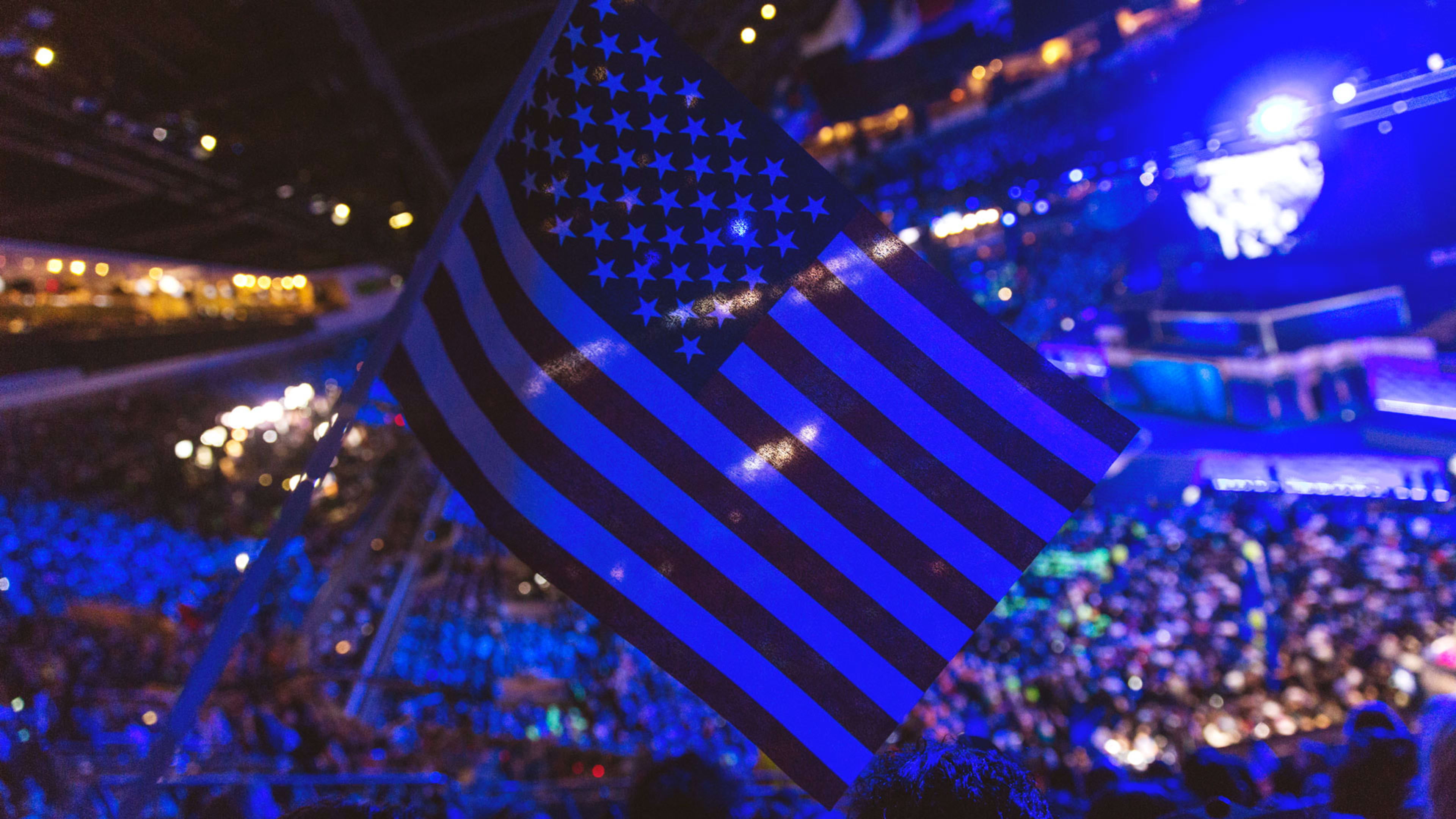There are now 21 (and counting) candidates seeking the Democratic party’s 2020 presidential nomination. With the most diverse slate ever seen in either party (five women, an Asian-American, two African Americans, and one openly gay candidate), curiously, the top 5 spots consistently vacillate between four different white men: Joe Biden, Bernie Sanders, Beto O’Rourke, and Pete Buttigieg.
What has been thought-provoking in all of the media coverage around the candidates is the focus on these four white male candidates, two–O’Rourke and Buttigieg–who don’t appear to possess clear policy positions in some cases, and the other two, Biden and Sanders, who have very long records that are subject to scrutiny with fresh eyes. The things all four have in common? None have a clear policy agenda for black women, which is the most loyal and consistent voting bloc of the Democratic party.
What policies do black women care about? We care about the same things that every other community cares about, except we are hit with large disparities and gaps in wages, healthcare satisfaction, disease prevention, gun violence, and voting-rights enforcement.
The only candidate addressing black maternal health with policy positions is Elizabeth Warren. The only candidates, aside from Warren, with a clear articulated stance on gun violence and national licensing are Andrew Yang and Cory Booker. While some candidates support the idea of reparations, no candidate has clearly defined what it will mean to them, or come out with a policy position and proposed action around it, but instead encourage study via a commission.
There’s a correlation in the same way politicians are overlooking black women voters is akin to tech companies overlooking black women as tastemakers, early adopters, and loyal consumers. But just as in politics, there are statistics to back this as well. Juxtapose the Nielsen reports about black women as early adopters and trendsetters, and the black community’s $1.2 trillion in spending power, yet look at the diversity reports of your favorite tech companies and realize that we don’t actually get the chance to contribute to or test the products we consume and give free exposure in adequate measure.
Over the last two years, we have seen where that slippery slope has taken us–from subversion of democracy, to underfunding of great technology, to learning why those of us with natural hair seem to be predisposed to “random selection” screening while traveling. Just as in politics, it isn’t enough to be in the room. While in the room, our ideas need to be propelled, not drowned out, and implemented, not ignored.
The road to the nomination is through black women, and we are very engaged. Attend any location where black women gather, be it sorority meetings, The Links, Inc. meetings, or in hair and nail salons, and the conversations are about this crowded field of candidates, and how to mobilize our power to ensure our voices are not just heard, but respected, and suggestions are implemented.
In 2008 and 2012, black women turned out in historic numbers for Barack Obama, voting at a higher rate than any other demographic bloc in both years. In 2016, 94% of black women voted for Hillary Clinton, according to exit poll data.
Electability is often a dog whistle for assimilation, and a backdoor code word for candidates that deviate from the “norm”–that norm first being a man, second, being white, third, be/appear straight, and fourth, be/appear able-bodied (we won’t tell them about Franklin Delano Roosevelt).
What is interesting is that of the field of 21 presidential candidates, none of the five women running have lost a race. The same analogy can be made about black women in tech. To be hired, people look at our “electability”–the pedigree of our background and degrees, previous work experience, and the exhausting notion that we have to be overqualified just to be seen as sufficient. We have to be twice as good to get half as much, and we see that playing out in both realms. It’s having to consistently remind people how to pronounce our names (Hi, COMMA-la Harris), choosing a particular hairstyle to be more of a culture fit, or which topics of discussion to advance or avoid.
In politics, as consumers, as employees and decision makers, black women are often ignored and taken for granted. The bottom line is those who pay attention to black women have a better chance of success in whichever marketplace they are competing in, and those who continue to discount black women do so at their peril.
Clarification: Senator Kamala Harris hasn’t added an offical policy plan on Black maternal health to her presidential platform, but she did introduce a bill in August addressing racial disparities in infant & maternal health.
Bärí A. Williams is vice president of legal, policy, and business affairs at All Turtles. She previously served as head of business operations, North America for StubHub, and lead counsel for Facebook and created its Supplier Diversity program. Follow her on Twitter at @BariAWilliams
Recognize your brand’s excellence by applying to this year’s Brands That Matter Awards before the early-rate deadline, May 3.
